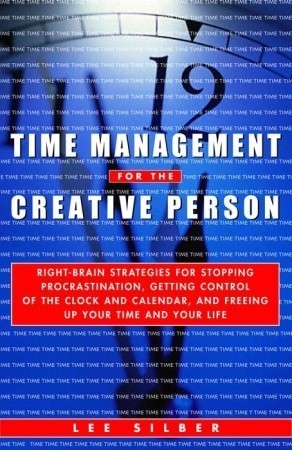While Silber's advice is commendable and practical, this book is counter-productive. Throughout "Time Management for the Creative Person", Silber gives advice for saving time, stating that he wrote the book in such a way that anyone can pick it up and begin reading it at any point. The problem is that in order for a person with no time to read the entire book to decide where they want to begin, they must peruse each chapter, or at least those chapters with titles and descriptions that interest them. Silber did not bother to add chapter outlines, so readers could decide which chapters, if any all, they wanted to read.
Throughout the book, Silber was inconsistent in how he presented information. For example, at the end of ch. 5, on pg. 96, he gave bullet points without any bold text. Though, in many other places, such as the section titled "Children" on pg. 158, he used bold text. The bold text helps those who choose to peruse this book, but Silber does not use it consistently.
While "Time Management for the Creative Person" gives practical advice, the list of ways in which this book is counter-productive goes on. For instance, Silber recommends an automatic dog feeder, which can cost up to $100 or more. Considering tax, this probably amounts to around 7-10 hours of labor per the average American. A dog would go through thousands of bowls of food, or perhaps a lifetime of food, before the money spent on that automatic dog feeder paid off in time dividends.
As Dave Ramsey would say, that same $100 could be turned into $10,000 if invested properly. Now, that's time well spent.

